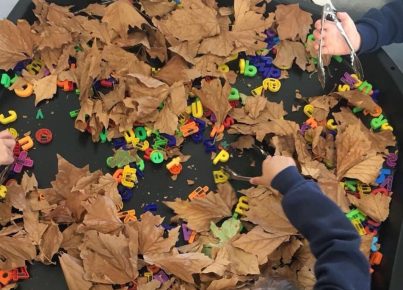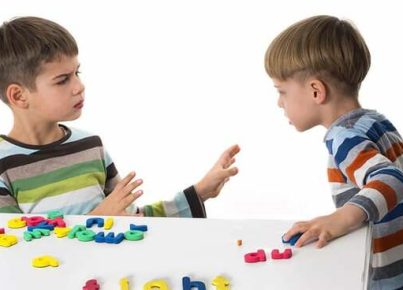Children fight for a variety of reasons, and understanding these can provide valuable insights into their moral development. From an early age, children are in the process of learning social norms, the concept of fairness, and how to deal with emotions. As they grow, they are also trying to assert their independence and identity, which can sometimes result in conflict with peers.
One of the primary reasons children fight is due to a lack of communication skills. Young children often do not have the vocabulary to express their feelings and may resort to physical actions as a form of expression. For example, if a child feels that another child has taken a toy without permission, they might react by hitting or pushing because they cannot articulate their sense of injustice.
Another factor is the development of a sense of self and an understanding of possession. As children begin to identify items as ‘mine,’ they become protective and may fight to defend what they believe is theirs. This possessiveness is a natural part of development but requires guidance to help children learn sharing and negotiation skills.
Jealousy and competition are also common triggers for fights among children. They often compare themselves with others and strive for attention from adults or peers. Disagreements can escalate quickly into fights as children try to establish dominance or gain approval.
Furthermore, imitation plays a role; children may mimic aggressive behavior they see at home, on television, or from other children. Without proper guidance on how to deal with conflict constructively, these imitated behaviors can lead children to resolve disputes through fighting.
Lastly, frustration tolerance is an important aspect of moral development. Children who have difficulty dealing with setbacks or not getting their way may become physically combative as an immediate response to frustration.
As guardians or educators, understanding these motivations behind fights can inform strategies for intervention and education. Teaching emotional intelligence, communication skills, empathy, and coping mechanisms can dramatically reduce the frequency and intensity of fights among children while aiding in their overall moral development. Learning how to resolve conflict peacefully is a crucial life skill that will benefit them throughout adulthood.





